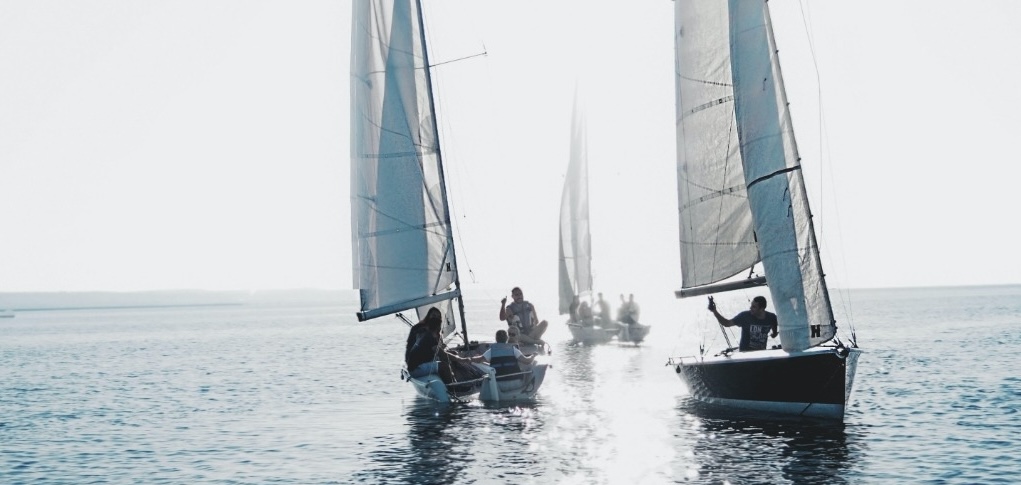SailZoo Blog
Boating Safety - How to stay safe before, during and after your boat trip
Boating safety - whether on a sailboat or motorboat - is essential to ensure a comfortable and enjoyable trip. If sailing is new waters for you, then this article is a must read! There are certain precautions you should take to ensure the safety of yourself and your guests.

We've put together some simple boating safety tips for before, during and after your boating trip. For those who have limited sailing experience or are completely new to the water:
Before the trip:
- Familiarize yourself with the boat and its equipment. It is important to know how to operate systems on board the boat, such as sails/engine, radio, navigation systems, safety equipment and the like.
- Check the weather forecast and adjust your plans accordingly. It's important to be aware of upcoming strong winds or high seas so you can plan your trip accordingly.
- Make sure you have the necessary safety equipment on board. As a minimum, life jackets for everyone, a horn or whistle and a first aid kit.
- Leave a plan of your expected voyage (route/destination/duration) with a responsible person on shore. This is also known as a "Lifeline to shore". It will help rescue personnel find you if you run into trouble.
- Check the oil and fuel levels of your boat and make any necessary repairs before you leave.
- It's important to make sure your boat is in good condition before heading out to sea.
During the trip:
- Always wear a life jacket. Accidents can happen and a life jacket can be the difference between life and death in an emergency.
- Watch out for other boats and follow the rules of the sea. Observe how other boats react to you on the water in good time to avoid collisions. Even if the other party does not comply with their right of way.
- Stay sober while operating the boat. If you have an accident on the water, you need to be able to react quickly and in a controlled manner. If you cause damage to other boats, your insurance won't cover you if you've been drunk.
- Monitor the engine for unusual noises or vibrations. If you hear or feel something out of the ordinary it's important to stop and assess the situation before continuing.
- Follow your sailing plan as much as possible, but be flexible and adjust your plans if necessary. Feel free to keep your shore lifeline informed as the sailing plan is adjusted.
- When sailing with sails, always keep an eye on the weather. If there are heavy clouds on the horizon, make sure you reef the sails well before the storm hits. This will help you maintain control of the boat.
- If a storm is coming and you want to seek shelter in port, do it BEFORE the storm hits, if possible. It's easier to moor your boat in calm wind conditions than in strong winds and high seas.
After the ride:
- Make sure that the boat is securely moored, possibly with jumps to the cleats amidships. It is a good idea to mooring springs to prevent the boat from jerking in high winds. If you're on a floating bridge, the boat should have relatively tight moorings as the bridge automatically follows the water level changes. For fixed piers or moorings, it's a good idea to have a little slack on the moorings to allow for rises and falls in the water level.
- Make sure to check the boat after your trip. Make a note of anything you've noticed that requires extra maintenance or repair before your next trip. This way, you'll ensure that maintenance tasks don't get out of hand and that your boat stays in good condition.
- Check safety equipment as needed. It's important to make sure all your safety equipment is in good condition and that you have enough on hand for your next trip. For example, if you have inflatable life jackets on board, make sure they are not damp from salt water and hang them to dry so they are ready for next time. There is a metal gas cartridge inside the vest and salt water quickly depletes metal.
By following these tips, you can help ensure an enjoyable trip on the water, so you and your guests can have confidence that you are sailing safely and responsibly.
Written by Mads SailZoo day 10. January 2023

Sign up for newsletter
Stay tuned for new sailing articles, sailing industry news and early access to new features.
Also see








.png/)


.png/)




.png/)


